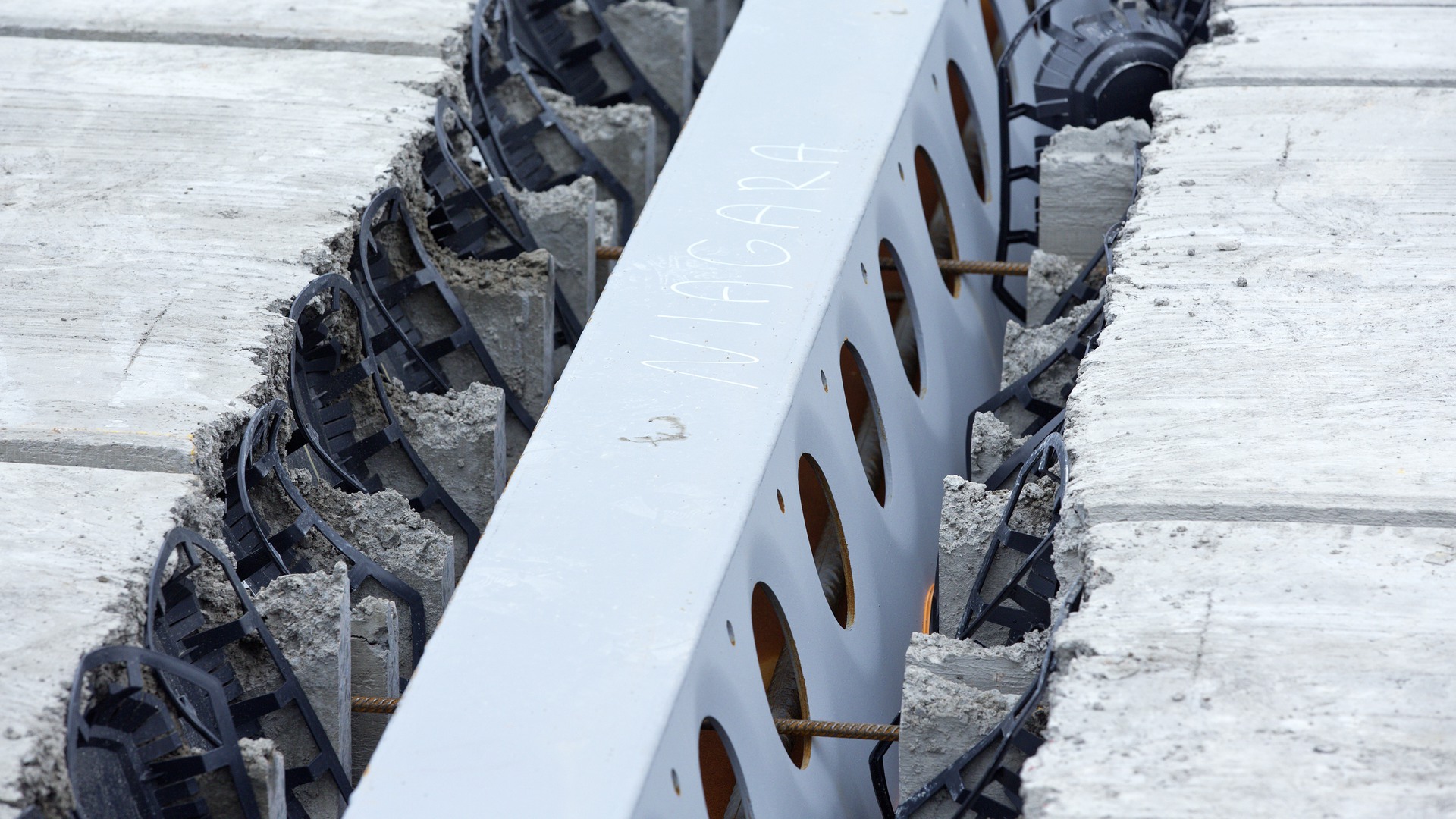Introduction to Numerical Analysis
About the course
The course objective is for the student to learn certain fundamental methods for identifying numerical solutions to linear and non-linear equation systems, integrals, optimisation problems, interpolation and to be able to apply these methods to solve simplified problems in materials science.
Course content
The course comprises:
• accuracy and convergence for numeric approximation;
• linear and non-linear equation system;
• least square method and data adaptation;
• interpolation;
• optimisation;
• numerical differentiation and integration; and
• Runge-Kutta method for ordinary differential equations.
Entry requirements and selection
Entry requirements
1. Bachelor's degree of at least 180 credits within material engineering, machine engineering, physics, chemistry or the equivalent.
2. At least 22.5 credits of Mathematics.
3. English 6 from Swedish secondary school or the equivalent
4. Passed courses: MA620E Scientific Programming, 7,5 hp
Selection
100% University credits completed
Course literature
Current literature list is available in the syllabus for the course
Course evaluation
The University provides students who are taking or have completed a course with the opportunity to share their experiences of and opinions about the course in the form of a course evaluation that is arranged by the University. The University compiles the course evaluations and notifies the results and any decisions regarding actions brought about by the course evaluations. The results shall be kept available for the students. (HF 1:14).

